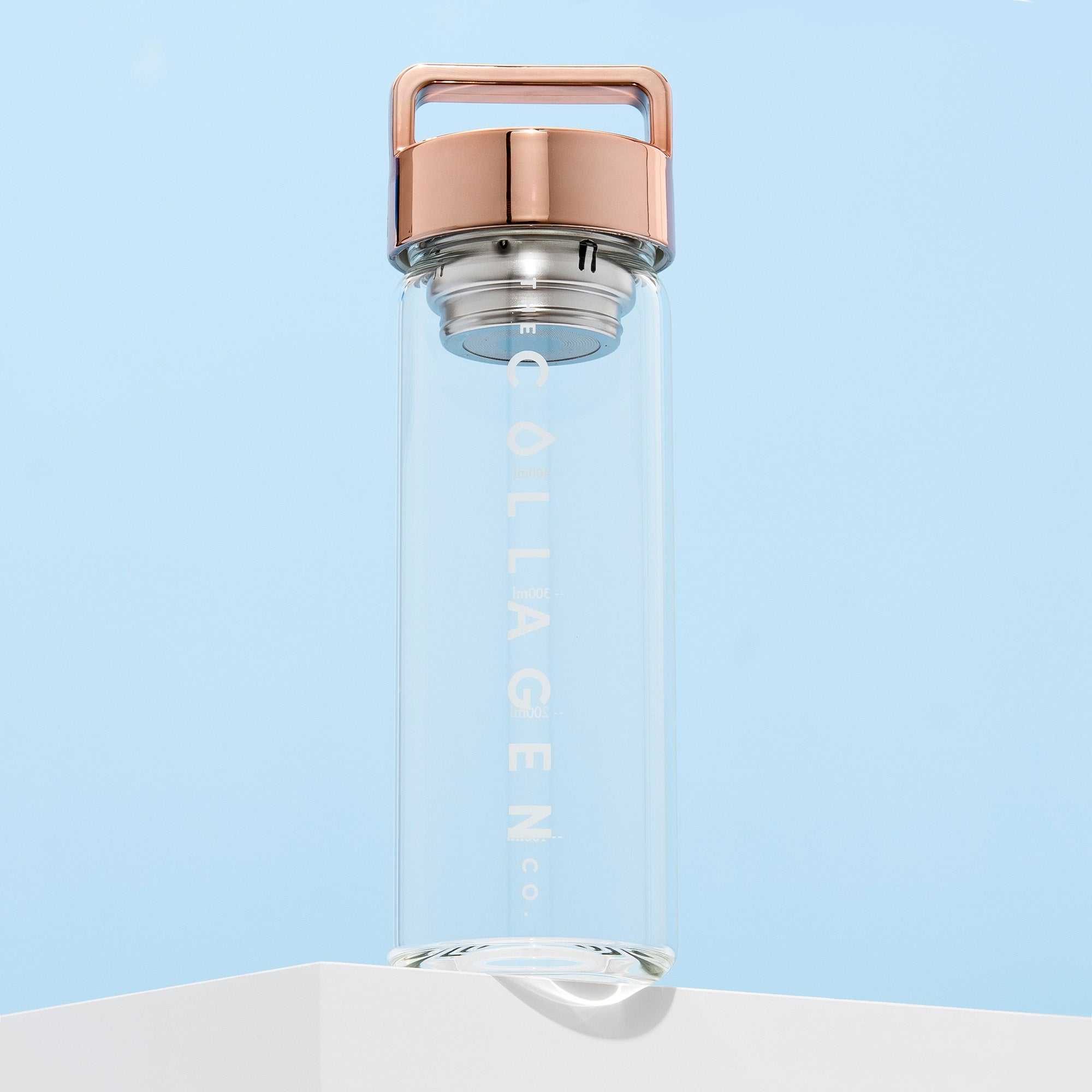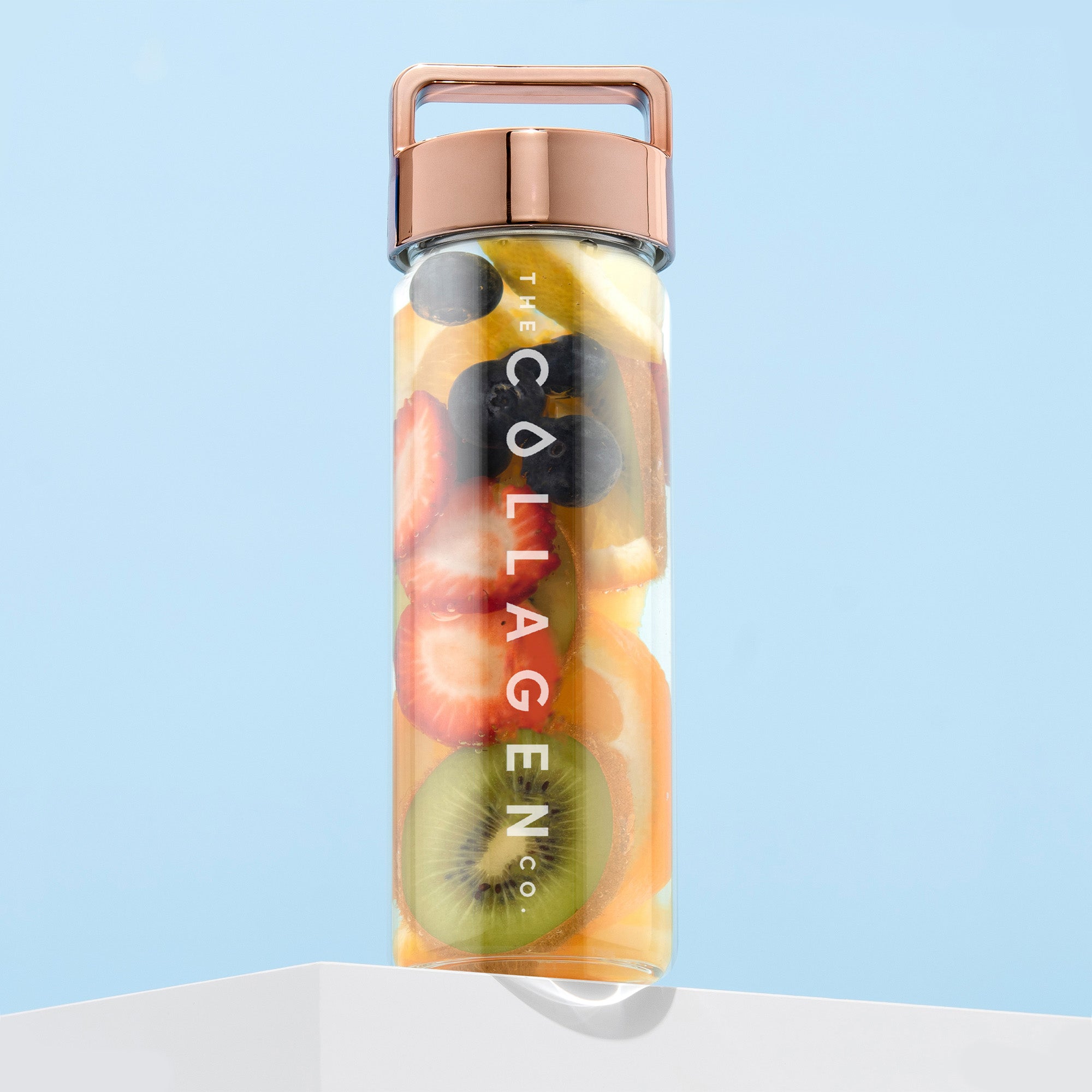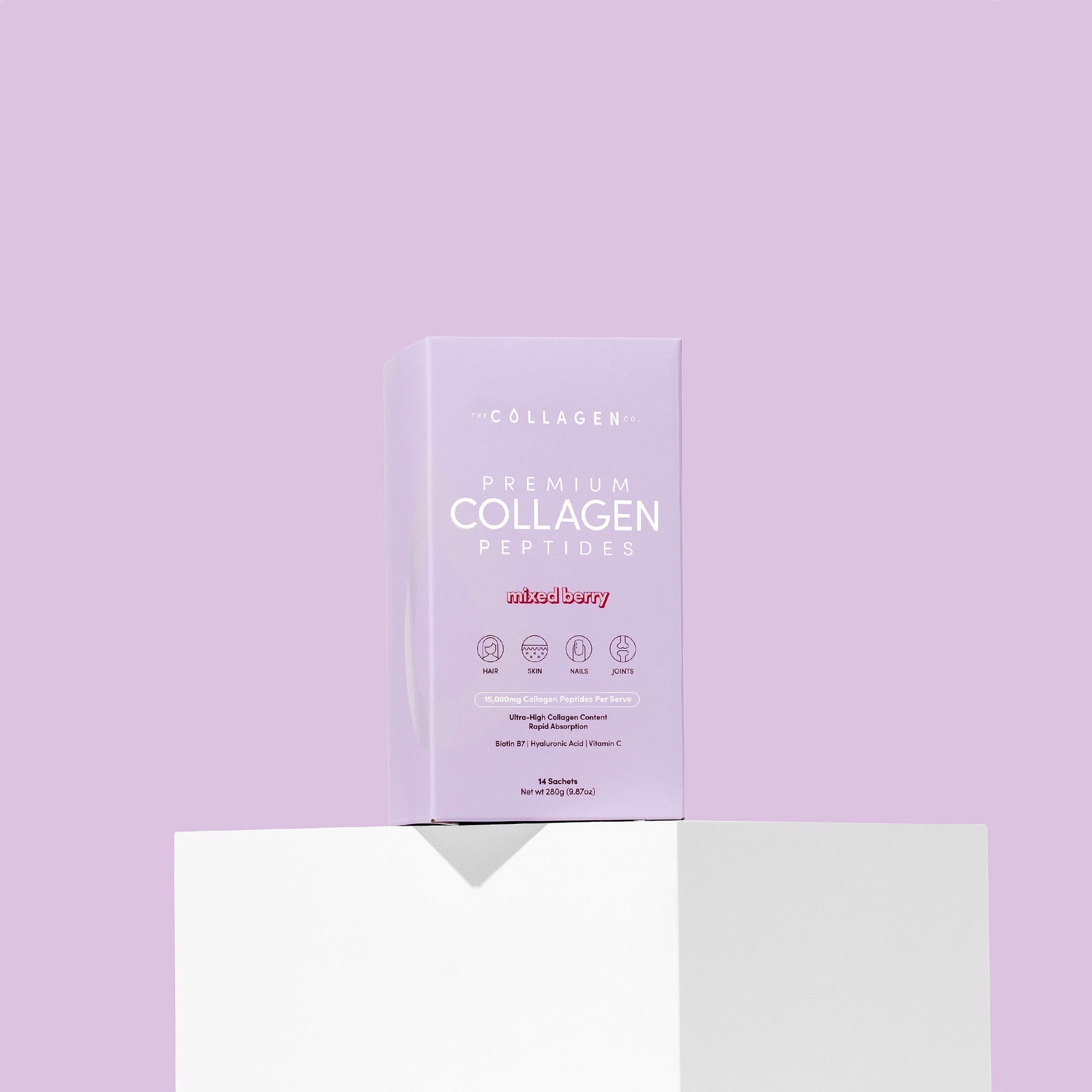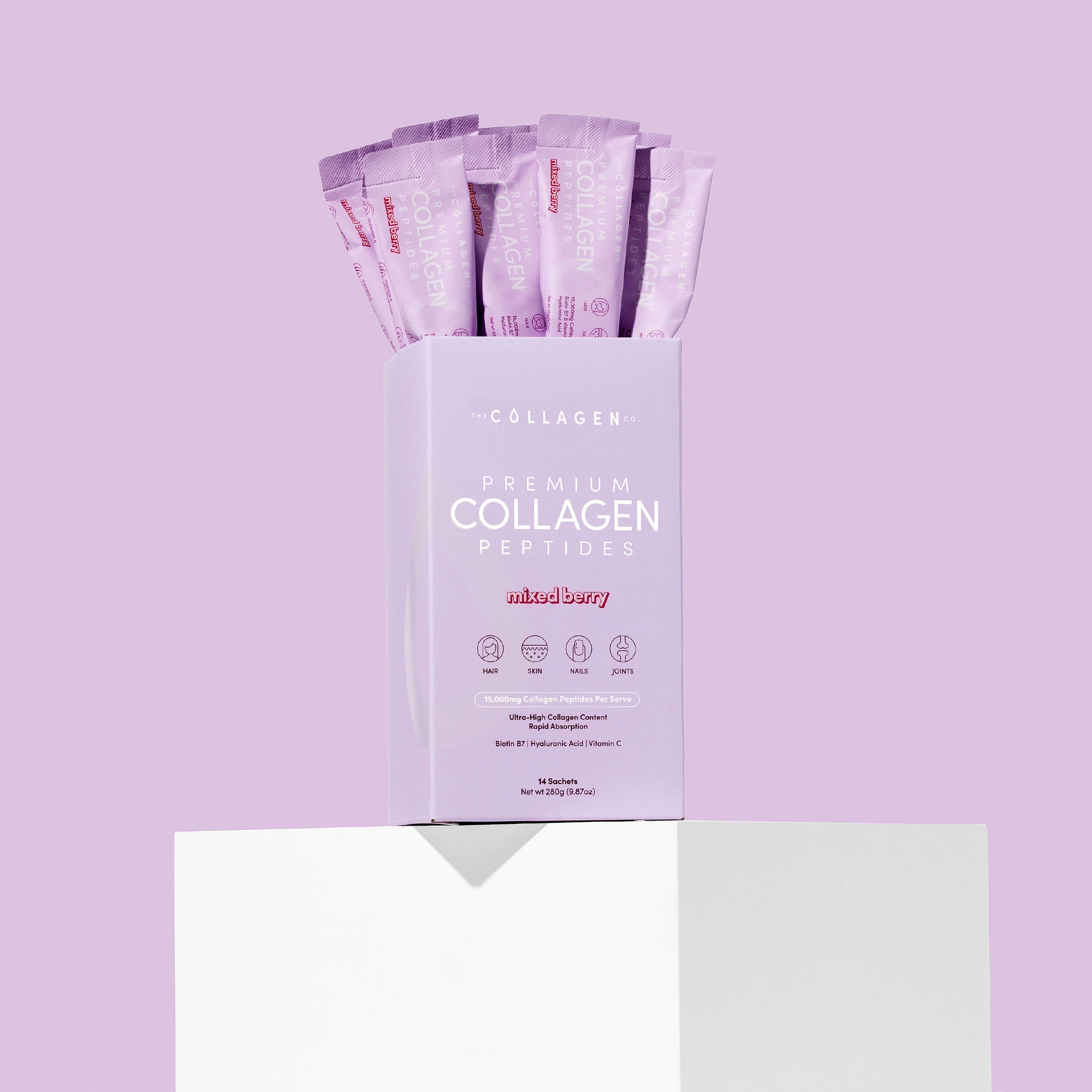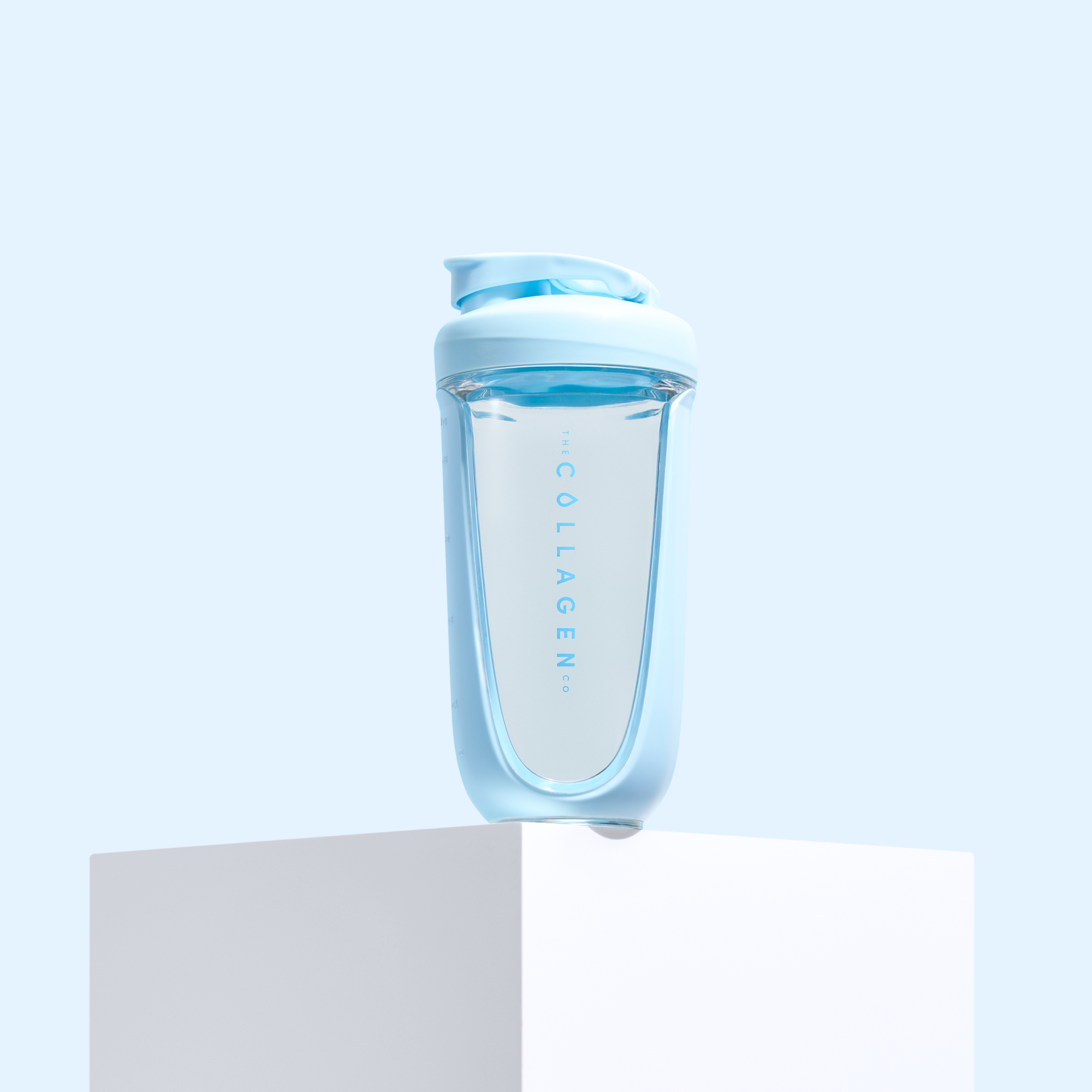5 Pregnancy Diet Tips: Healthy Eating for Mum and Baby
Posted October 2023
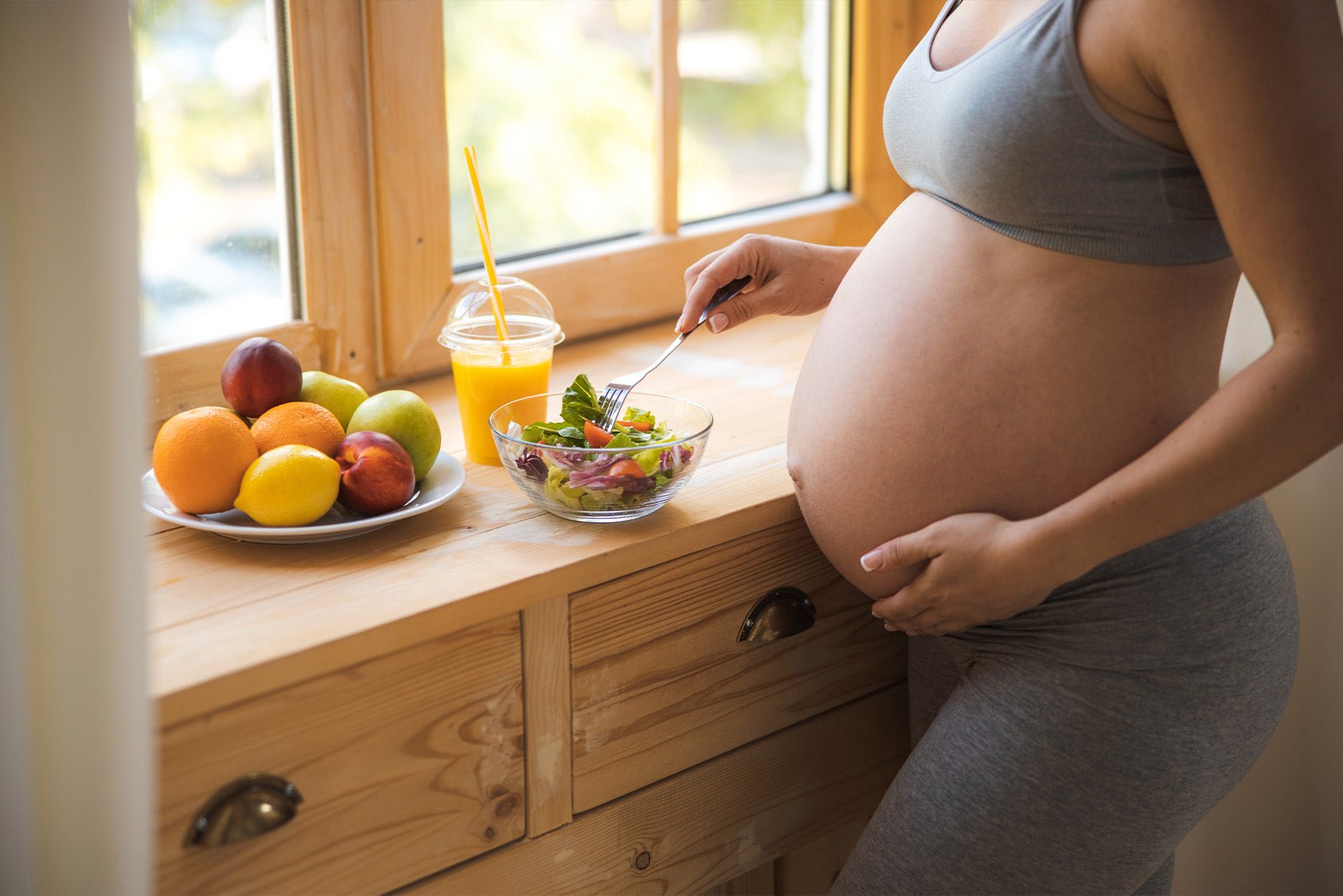
You’re pregnant (congrats!)
And TBH, when you think about it — like, really sit down and think about what’s going on — things can get overwhelming fast. Like, how does your body even know to grow a tiny human being?
Also, how would you know if you're eating right to nurture a baby's development optimally?
The first question has no easy answer (without diving into deep, dark scientific and/or philosophical rabbit holes). So let's explore the 5 pregnancy diet tips that'll help your body with the seemingly *magical* task of building a baby from a single-celled zygote.
#1: You’re not eating for 2
A common pregnancy nutrition needs misconception: you should double your food quantity the moment you see those 2 lines on the test kit.
That’s an exaggeration.
Yes, your calorie requirements will increase during pregnancy to meet your baby's needs, but the uptick doesn’t happen as early and isn’t as dramatic as most people think.
The American College of Obstetricians and Gynaecologists (ACOG) offers the following guidelines:
- First trimester: No additional calorie needs
- Second trimester: +340 calories daily
- Third trimester: +450 calories daily
Note that those guidelines apply to single-fetal pregnancies. If you're pregnant with multiple babies, you'll need about 300 more calories per additional fetus per trimester.
That said, this doesn’t mean you should count calories if you don’t want to. As long as you’re sticking to:
- General, healthy eating guidelines (prioritizing whole, minimally processed foods, plus lots of fruits and vegetables)
- Healthy pregnancy weight gain recommendations, which vary on your weight going into pregnancy
… and your baby is meeting growth milestones on ultrasounds, then you’re probably doing just fine.
#2: Eat small, frequent meals
But what if you can’t even eat for 1, much less 2, thanks to the potent appetite-banishing trinity of nausea, morning sickness, and vomiting?
Here are a few pregnancy diet tips that may help get your eating on track so you meet your and your baby's nutritional needs:
- Eat smaller but more frequent meals (e.g., every 1 to 2 hours)
- Avoid strong-smelling, creamy, fatty, and spicy foods; bland meals tend to work well
- Experiment with the temperature of your food to find 1 you can keep down
- Talk to your OB/GYN about taking anti-nausea medications
#3: Get enough of these nutrients
While there is no "best pregnancy diet" to follow, there are a handful of nutrients you'll need to get more of during this crucial period.
Folic acid
600 micrograms daily; may help prevent defects in the neural tube, which is the part of the embryo that eventually becomes your baby’s brain and spinal cord.
Most healthcare professionals recommend meeting your folic acid requirements via a combination of a prenatal vitamin containing at least 400 micrograms of folic acid and foods, including fortified cereal, bread, and dark leafy vegetables.
Choline
450 milligrams daily; a nutrient that plays a role in fetal brain development and may help prevent some common congenital disabilities.
Good sources of choline include chicken, beef, animal liver, cruciferous vegetables, and potatoes
Iron
27 milligrams daily; a mineral your body uses to make the extra blood you and your baby need.
Iodine
250 micrograms daily; used to make thyroid hormones essential for fetal bone and brain development.
Good dietary sources of iodine include shellfish, seaweed, soy milk, dairy, eggs, and saltwater fish.
Vitamin C, calcium, and vitamin D
These play a role in building your baby’s bones.
Spookily enough, if you fail to get enough calcium during pregnancy, your body pulls what it needs from your bones. Daily intake recommendations for vitamin C, calcium, and vitamin D during pregnancy are as follows: 85 milligrams, 1,000 milligrams, and 15 micrograms.
Good sources of vitamin C include citrus fruits and broccoli; you can get calcium from dairy products and sardines, and vitamin D from fatty fish and sunlight exposure.
Protein
1.1 grams of protein per kilogram of body weight; provides amino acids, which are the building blocks of your and baby’s body.
So, for reference, if you weigh 60 kg, you should strive to eat 66 grams of protein daily.
Because that amount of protein can be challenging to stomach, especially if you're still dealing with morning, or more accurately, all-day sickness, consider plugging the gap with a hydrolyzed collagen supplement (be sure to get the go-ahead from your doctor beforehand!)
FYI, our Premium Collagen Peptides offer a whopping 13.5 grams of protein in a single, delicious serving.
Additional benefits you could look forward to include a radiant complexion and less obvious stretch marks on your growing tummy. And for those who prefer not to take bovine-derived collagen peptides, check out our Beauty Marine Collagen here.
#4: Avoid these foods
To keep yourself and your baby safe during pregnancy, avoid the following foods:
- Raw and smoked seafood, raw meat, raw eggs, deli meat, hot dogs, and unpasteurized dairy. These are associated with an elevated risk of foodborne illnesses (e.g., listeriosis, salmonella, and E. coli), which can lead to poor pregnancy outcomes like preterm labor. Listeriosis, in particular, has been associated with serious complications, including miscarriage and stillbirth.
- High-mercury fish. Consuming high levels of mercury during pregnancy could cause adverse development effects on your baby (e.g., congenital disorders). In general, the bigger the fish, the higher its mercury content. So, stick to smaller fish, such as catfish, salmon, and tilapia, to get a good dose of omega-3 fatty acids, which could improve your baby's eye and brain growth.
- Caffeine. Although research about how much caffeine you can consume before it interferes with your baby's development is inconclusive, many health experts recommend limiting caffeine intake to 200 milligrams or less daily. That’s about 2 cups of brewed coffee (but the exact caffeine content can vary by roast and brewing method).
- Alcohol. According to the ACOG, drinking any amount of alcohol during pregnancy could potentially impact your baby's development and cause congenital disorders alongside lifelong behavior problems. I.e., your pregnancy diet should not include alcohol.
#5: Consult a dietitian for personalised nutritional guidance
And now, to cap off this article, a friendly disclaimer: the pregnancy diet tips outlined in this article are broad recommendations suitable for the general population.
If you have a medical condition (e.g., diabetes, cardiovascular disease, or a clinically diagnosed hormonal imbalance), dietary preferences and/or restrictions, and specific concerns, consider working with a dietitian — together with your OB/GYN — to find a nutritional approach that works best for you during pregnancy.















